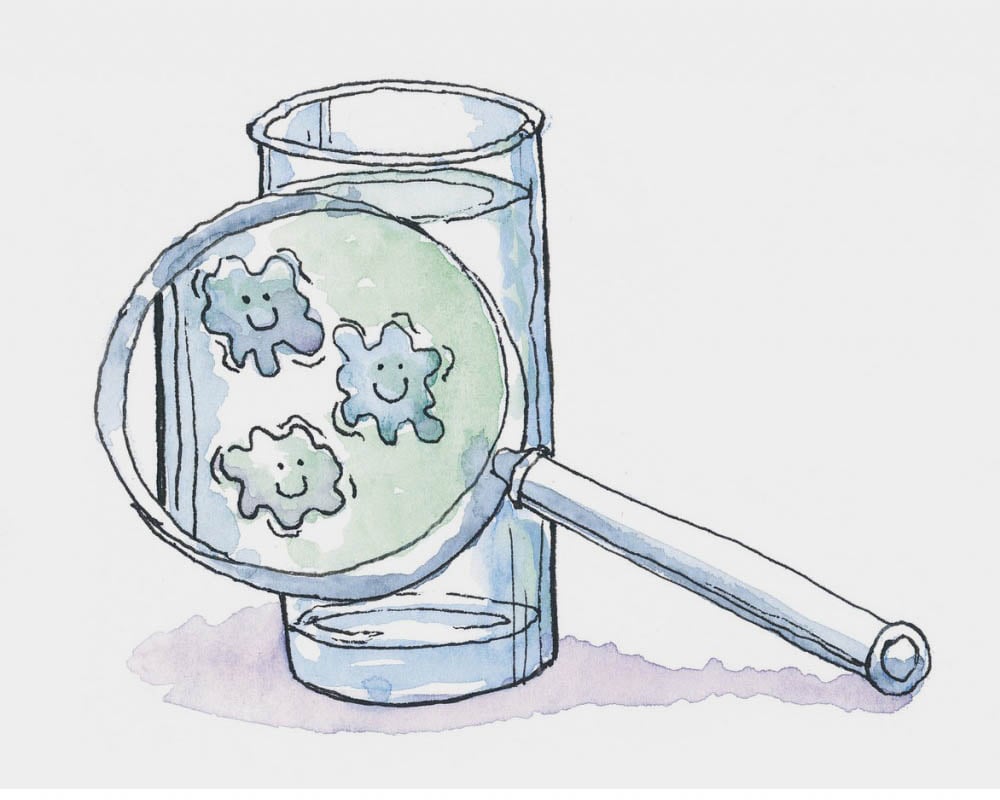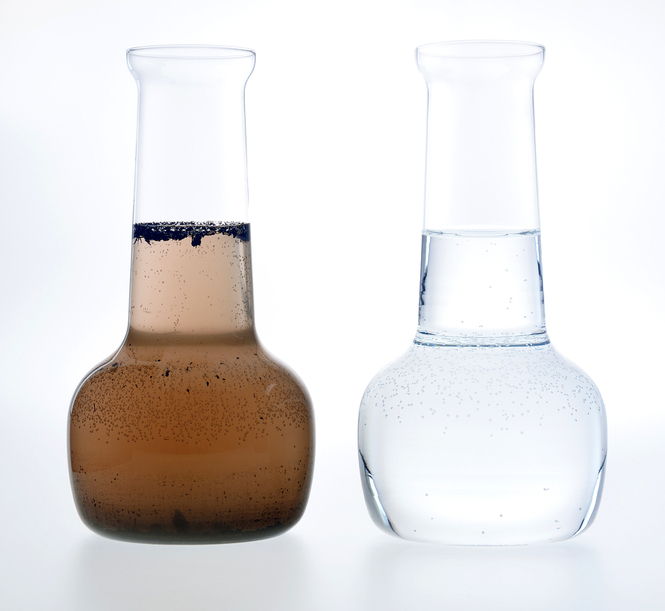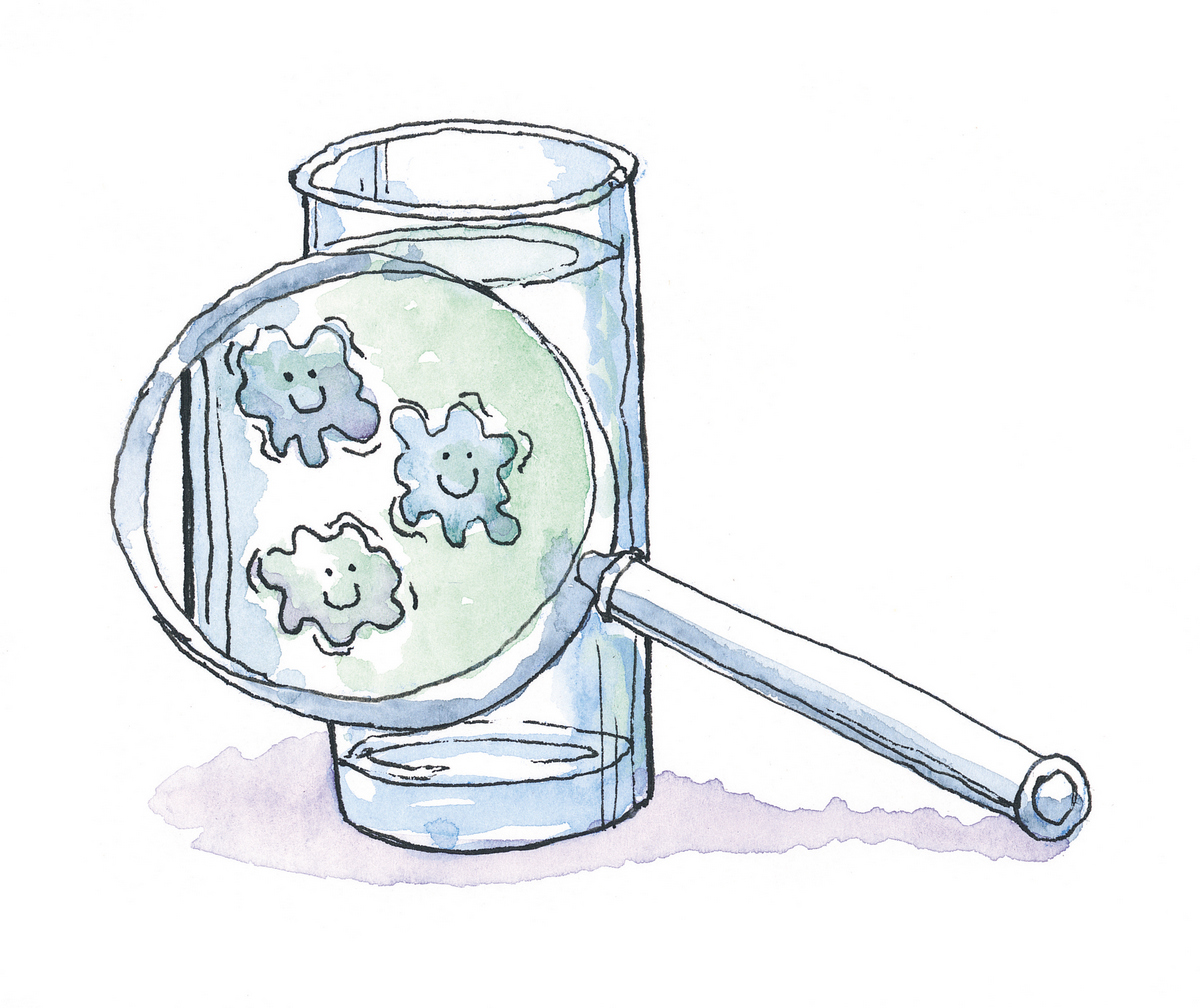Bad Water May Look, Taste, or Smell Like Good Water!


Often contaminants leave behind a trace detectable by your senses, but not always. 

Steps to determine if you may have problems with your water:
1. Get your water quality tested in a lab! A basic mineral analysis will show the most common issues, such as iron, manganese, dissolved solids, tannins, pH, and hardness. EPA certified lab tests will cover water safety issues.
2. To do a basic mineral test of your water, let your faucet run for a full two minutes before taking your sample. This way, the water is more likely to be the most representative of the water you use on a daily basis. Sample bottles can be provided from a water testing service company, like Clean Water Systems & Stores. Clean Water Store will also test a sample taken using your own empty water bottle.
2.5. If you are using your own water bottle, fill and empty the bottle to rinse the inside. Do this twice before sampling. Rinsing the inside walls of the bottle reduces the possibility of contamination from other water that may have previously been inside. 

3. Fill the bottle completely to the brim with as little air space in the bottle as possible. Air trapped inside the bottle may react with the water to change the chemistry of the water sample.
4. Send it in! At Clean Water Store, we will do a mineral analysis for free. Our address is at the bottom of this webpage.
For more detailed tips on how to reduce water sample contamination or for procedures to test for bacteria, follow the link to our Well Water Test Kits blog.
Good luck water testing!
Recent Posts
Water Quality for Horses and Livestock: A Guide to Healthier Barns and Pastures
Clean water is the cornerstone of animal health and productivity. Whether you're raising horses, cattle,…
Clean Drinking Water for Cats: What Every Cat Owner Should Know
Why Clean Drinking Water Matters for Cats Hydration is critical to a cat’s overall health,…
Pet Hydration: What to Know About Water Safety
Clean Drinking Water for Dogs: What Every Dog Owner Should Know Clean drinking water is…
How to Ensure Fresh, Safe Water for Your Birds: Daily Care Tips for Bird Owners
Why Filtered Water for Birds Is Essential for Their Health Like food, clean drinking water…
U.S. Water Problems by Region: Common Contaminants & Solutions
Curious about U.S. water problems by region? Water quality isn’t just a national issue—it’s a…
Wildfire Water Contamination: How to Ensure Safe Water After a Fire
Wildfire Water Contamination: What You Need to Know After the Fires Drinking water contamination is…

